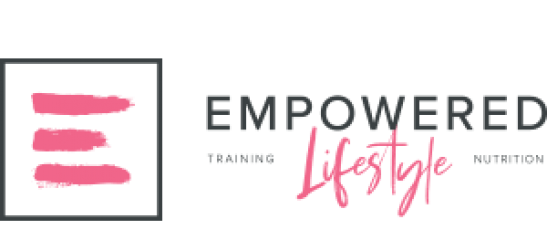In the bustling world of fitness, it’s easy to get swept up in the excitement of workouts, nutrition plans, and pushing yourself to the limit. While dedication and hard work are key components of achieving your fitness goals, there’s an often overlooked yet fundamental aspect that deserves just as much attention: rest and recovery.
As a personal trainer, I’ve seen firsthand how individuals pour their heart and soul into their workouts, striving for progress and results. However, what many fail to realize is that progress isn’t just made in the gym or through intense training sessions. It’s equally shaped by the time spent allowing your body to recover and rejuvenate.
Rest is not just about catching up on sleep or taking a day off from exercise. It encompasses a spectrum of practices that are essential for your body’s healing and growth. Let’s dive deeper into why rest and recovery are non-negotiable components of any successful fitness regimen.
Understanding Rest and Recovery
Rest isn’t merely a pause in physical activity; it’s a deliberate and strategic component of your fitness routine. Recovery involves various aspects such as:
- Sleep: Quality sleep is when your body repairs tissues, synthesizes hormones, and consolidates learning and memory. Aim for 7-9 hours of uninterrupted sleep each night.
- Nutrition: Providing your body with the necessary nutrients is crucial for muscle repair and growth. Post-workout meals and a well-balanced diet are key.
- Active Recovery: Engaging in light exercise, such as yoga or gentle stretching, can improve circulation, reduce muscle soreness, and enhance flexibility.
- Hydration: Water is essential for transporting nutrients, regulating body temperature, and flushing out toxins. Adequate hydration supports overall recovery.
The Benefits of Rest and Recovery
- Muscle Repair and Growth: When you exercise, tiny tears occur in your muscle fibers. Rest allows these tears to repair and grow stronger, contributing to muscle development.
- Injury Prevention: Overtraining and insufficient rest can lead to burnout, fatigue, and increased risk of injury. Adequate rest helps prevent these issues.
- Improved Performance: Recovery allows your body to adapt to the stress of exercise, leading to better performance and increased stamina during workouts.
- Mental Well-being: Rest plays a pivotal role in mental rejuvenation. It reduces stress, enhances focus, and improves overall mood and motivation.
Implementing Effective Rest and Recovery Strategies
- Listen to Your Body: Pay attention to signs of fatigue, soreness, or decreased performance. Adjust your routine accordingly to allow for adequate rest.
- Prioritize Sleep: Establish a consistent sleep schedule and create a conducive sleep environment to ensure quality rest.
- Include Rest Days: Schedule regular rest days into your workout routine. These days are as important as your training days for long-term progress.
- Hydrate and Nourish: Fuel your body with proper nutrition and stay hydrated to support recovery processes.
- Explore Recovery Techniques: Incorporate techniques such as foam rolling, massages, and meditation to aid in relaxation and recovery.
Conclusion
In the pursuit of fitness goals, remember that progress isn’t solely achieved through sweat and effort. Giving your body the time it needs to rest and recover is equally—if not more—important. Embrace rest as an integral part of your fitness journey, and witness the transformative power it holds in optimizing your overall health and performance.
As your personal trainer, I encourage you to prioritize rest and recovery. By striking a balance between dedication to your workouts and allowing your body the time it needs to heal, you’ll set yourself on a path toward sustainable progress, improved well-being, and long-term success in your fitness endeavors.


